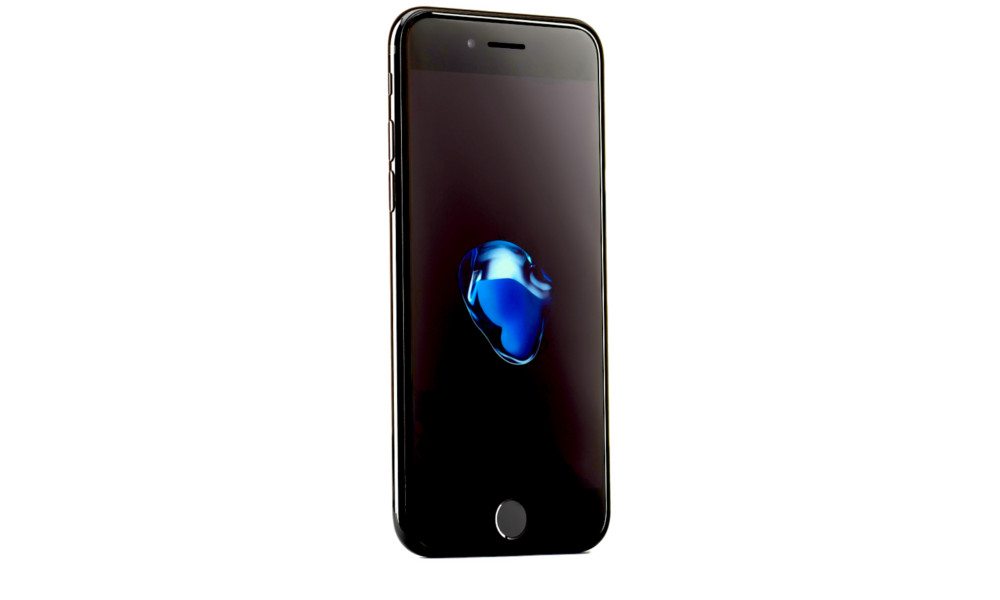Apple Brings in a Whopping $46.9 Billion During Q4 2016, Sells 45.4MM iPhones, 9.2MM iPads

Toggle Dark Mode
Indicating that his company “couldn’t be more excited about the customer response to the iPhone 7 and the iPhone 7 Plus,” Apple Chief Executive Officer, Tim Cook, revealed during the Silicon Valley tech-giant’s quarterly conference call yesterday that it sold a whopping 45.4 million iPhones during the fiscal 4th quarter of 2016, which concluded on the 30th of September. That number includes all models — including the 7, 6s, and SE — sold during the months of July, August, and September 2016.
Worth noting, in particular, is the fact that while this impressive figure tops Wall Street expectations of 44.8 million, by about 600,000 units, it still falls short of the company’s blockbuster 48.04 million units sold during the same quarter of last year.
Apple’s overall revenue actually fell slightly short of expectations, too, with the company bringing in a respectable $46.9 billion, amidst Wall Street forecasts of $46.94 billion. In terms of a per share earnings breakdown, Apple added $1.67/share to the value of its stock.
Seeing as how the Cupertino-company’s fiscal 4th quarter ended just a few short weeks after its hot new iPhone 7 hit store shelves, however, I’d say it’s only reasonable to assume that Apple’s fiscal Q4 sales figures don’t reflect the breadth of overall iPhone 7 sales, which several analysts have so far been quite bullish on. To that end, Apple predicted that revenue during the October – December quarter of this year will be between $76 and $78 billion, which is just slightly higher than the $74.9 billion estimated by Wall Street.
This considerably higher sales performance, of course, is presupposed largely based on current consumer demand for the company’s iPhone 7 and iPhone 7 Plus flagships. However, also worth noting is that Apple will be revealing a slew of next-generation Mac computers tomorrow, which could ultimately play big into the company’s success during its fiscal first quarter of 2017 — including the holiday shopping season of 2016.
Apple predicted that iPhone sales during the last three months of the year will be higher than normal, for a change, largely based on the apparent demand for its new iPhone 7 and iPhone 7 Plus — but also, for better or for worse, because of a major fail by one of the company’s fiercest competitors — Samsung. In particular, as a direct result of Samsung’s epic Galaxy Note 7 battery fiasco, a yet-to-be-determined number of customers who were stripped of their faulty Galaxy Notes have migrated to Apple’s new iPhone 7 Plus, seeing it as a formidable alternative.
Either way, Apple will more than likely do well during the current quarter, with strong iPhone 7 sales and imminent demand for the company’s forthcoming OLED touch bar-equipped MacBook Pro guiding the way.
Do you think Apple will be able to sustain this revenue?
Tell us why or why not in the comments below.






